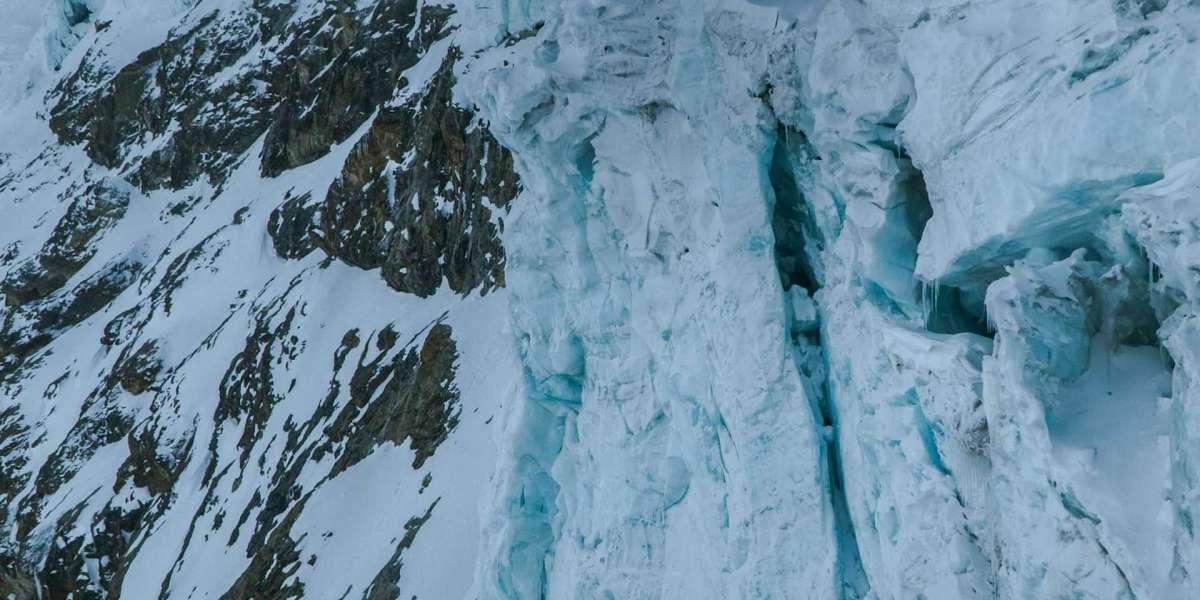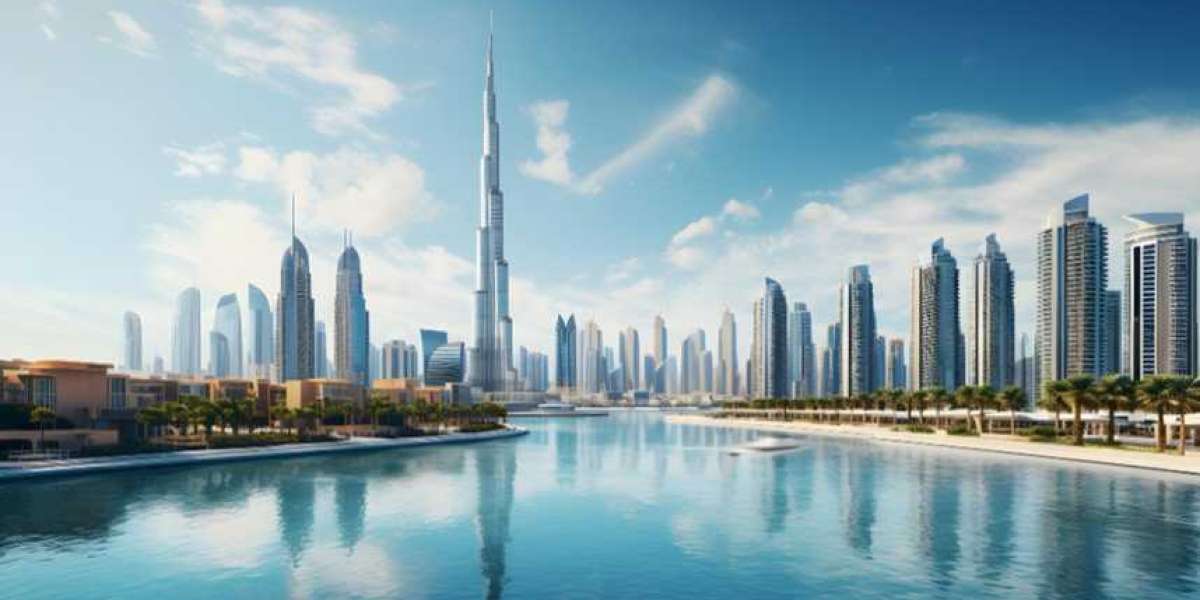Journey to Mera Peak
Starting the Adventure
The journey to Mera Peak typically begins with a scenic flight from Kathmandu to Lukla, a famous gateway for trekking and climbing expeditions in the Everest region. From Lukla, the trek diverges from the busy Everest Base Camp route, taking you through remote villages, rhododendron forests, and high-altitude landscapes.
The approach trek is crucial for acclimatization, as it gradually ascends through places like Paiya, Pangom, and Khare before reaching Mera Base Camp. Unlike many trekking peaks in Nepal, Mera Peak’s trail allows climbers to acclimatize well, reducing the risks of altitude sickness.
Mera High Camp and the Summit Push
From Mera Base Camp (5,300m), climbers ascend to Mera High Camp (5,800m), where the real adventure begins. The high camp offers stunning sunset and sunrise views over the Himalayan range, making it one of the most memorable parts of the climb.
The summit push starts early, typically around 2 or 3 AM. The ascent is mostly a long, steady climb over snow slopes, requiring the use of crampons, ice axes, and ropes. While Mera Peak is considered a non-technical climb, it still demands good physical fitness and basic mountaineering skills. The final section before the summit can be steep, requiring a short fixed rope climb.
Reaching the Summit
Standing at the summit of Mera Peak is a surreal experience. The panoramic view from the top is one of the best in Nepal, offering a clear sight of Everest (8,848m), Lhotse (8,516m), Makalu (8,481m), Cho Oyu (8,188m), and Kangchenjunga (8,586m). This breathtaking sight makes all the effort and challenge of the climb worth it.
Local Culture and Experience
One of the highlights of the Mera Peak journey is the opportunity to experience the culture of the Sherpa people. The villages along the trail, such as Paiya and Kothe, provide a glimpse into traditional Himalayan life, where Buddhism is deeply rooted. Monasteries, prayer wheels, and colorful prayer flags line the path, adding a spiritual dimension to the adventure.
The warm hospitality of the local people, combined with the chance to stay in teahouses and interact with Sherpa guides and porters, makes this journey more than just a climb—it becomes a cultural experience.
Best Time to Climb Mera Peak
The best seasons for Mera Peak climbing are spring (March-May) and autumn (September-November). During these months, the weather is stable, visibility is excellent, and temperatures are relatively moderate. Winter climbs are possible but can be extremely cold, and summer brings monsoon rains, making the trail more challenging.
Difficulty Level and Preparation
Mera Peak is classified as a trekking peak, meaning it is not highly technical, but it does require endurance, physical fitness, and basic mountaineering skills. The main challenges include high altitude, long summit day, and the use of ice axes and crampons.
Training and Preparation
- Cardiovascular fitness: Regular running, hiking, and cycling can help build endurance.
- Strength training: Focus on leg muscles, core strength, and overall stamina.
- Altitude training: If possible, train at high altitudes or use simulated altitude masks.
- Basic mountaineering skills: Familiarity with using crampons, ice axes, and rope techniques is beneficial.
Permits and Costs
To climb Mera Peak, you need:
- Mera Peak Climbing Permit (issued by the Nepal Mountaineering Association)
- Makalu Barun National Park Permit
- Local Municipality Permit
The total cost for a Mera Peak expedition varies based on the services included, but it typically ranges between $2,000-$3,500 USD, covering permits, guides, porters, accommodation, and meals. Independent trekkers can reduce costs, but hiring a professional guide is recommended for safety.
Conclusion
Mera Peak is an incredible adventure for those looking to experience high-altitude mountaineering without extreme technical difficulty. The combination of breathtaking Himalayan views, remote landscapes, and cultural immersion makes this climb an unforgettable journey. Whether you're an aspiring mountaineer or an experienced trekker looking for a new challenge, Mera Peak is a perfect choice.








